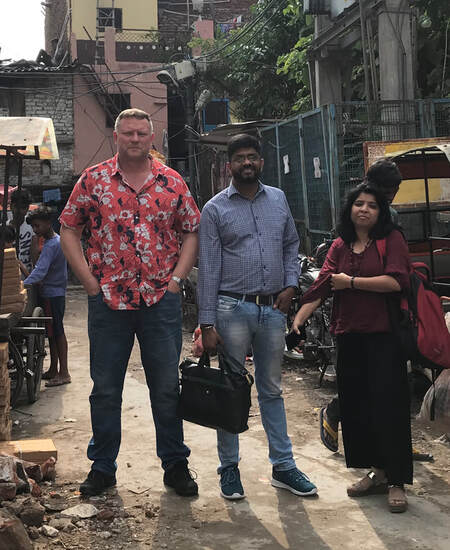 Pictured in Delhi with TRTP Founder Jonathan Hill are Sudeep Dube and Rashmi Mishra, who are leading the entrepreneurs project for LLF Pictured in Delhi with TRTP Founder Jonathan Hill are Sudeep Dube and Rashmi Mishra, who are leading the entrepreneurs project for LLF The Road to Parity has entered a new partnership to help the poor in India set up businesses. The UK-based charitable organisation has signed an MOU with Indian NGO, Learning Links Foundation (LLF), enabling the two organisations to join forces to fight poverty through micro-entrepreneurship. Jonathan Hill, Founder of The Road to Parity, said: “I am so pleased we have the opportunity to work with Learning Links Foundation. This is a relationship which started as a result of a fact finding trip to India in January and discussions have developed since - culminating in this MOU agreement." The two organisations will work together to identify people in extreme poverty who have the potential to run their own small businesses. This can be anything from a street cart selling vegetables to a small tailoring enterprise. The two organisations will work together to identify people in extreme poverty who have the potential to run their own small businesses. This can be anything from a street cart selling vegetables to a small tailoring enterprise. Learning Links Foundation, which promotes better education and innovation, has 700 volunteer outreach workers across India who can help locate possible beneficiaries. The potential entrepreneurs will then be screened against strict guidelines before one-off seed funding is released to support their new enterprises. “We know the significant impact it can have on a family if they are just able to get a little business started, but the hurdle is always start-up cash,” Jonathan says. “Although the amount of money required can be less than sixty pounds, this is totally beyond the reach of people who face a desperate struggle every day to survive.” Under the MOU, The Road to Parity will provide funding for the entrepreneurs, while Learning Links Foundation will support with resources on the ground. Both organisations will collaborate over the framework and development of the programme.
0 Comments
The Road to Parity has been established to tackle extreme poverty in developing countries. The non-profit initiative will be based in Southport in the north west of England.
Its first country of focus will be India because that's where the idea of forming the organisation came from. Founder Jonathan Hill, who was born in Southport, said: "All developing nations are on the table, but it was important for me to return to India as a priority because that's where this story began." Jonathan came up with the idea to help the poor after research for his master's degree took him to impoverished areas of the Indian countryside. He discovered through his interactions with villagers in Maharashtra that families could escape extreme poverty if they were given the opportunity to start a small business. "The hurdle is start up cash and these are people who will get nowhere with a bank and may not even have a bank account." Jonathan witnessed the difference it made when families were given the chance to start a tiny enterprise. "It fundamentally changed the fortunes of a household from extreme poverty to being able to have proper meals on the table, money for education and financial independence." According to the World Bank, 10% of the world's population lives in extreme poverty - existing on less than $1.90 a day. But the true extent of the picture is that billions of people across the developing world face a daily struggle to meet basic needs. "Although I've seen poverty all over the world, the simple fact is this research trip took me very close to people's circumstances - helped by an interpreter," Jonathan said. "I realised I could help more people escape crippling poverty by assisting them to set up a small venture - and The Road to Parity was born." "The world is deeply unfair with the disparities between developed and developing nations and this initiative will go some way to making the world a fairer place, while giving people purpose, pride and financial freedom." The Road to Parity will provide one-off grants of around 50 pounds (62 USD) - or the necessary equipment - to carefully vetted individuals so they can set up street businesses selling items, such as vegetables, snacks and household goods. |
AuthorThe Road to Parity Archives
April 2024
|
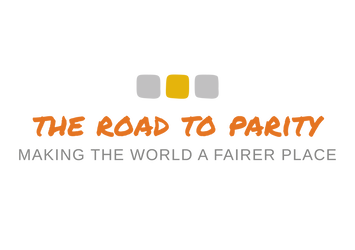
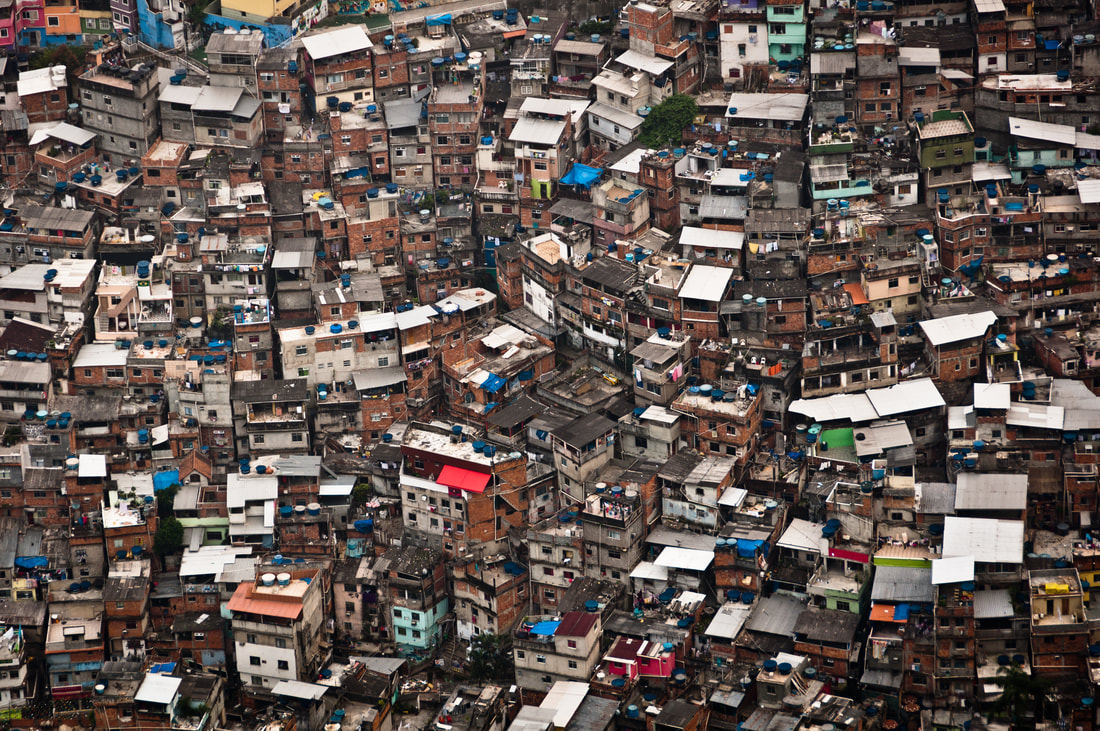
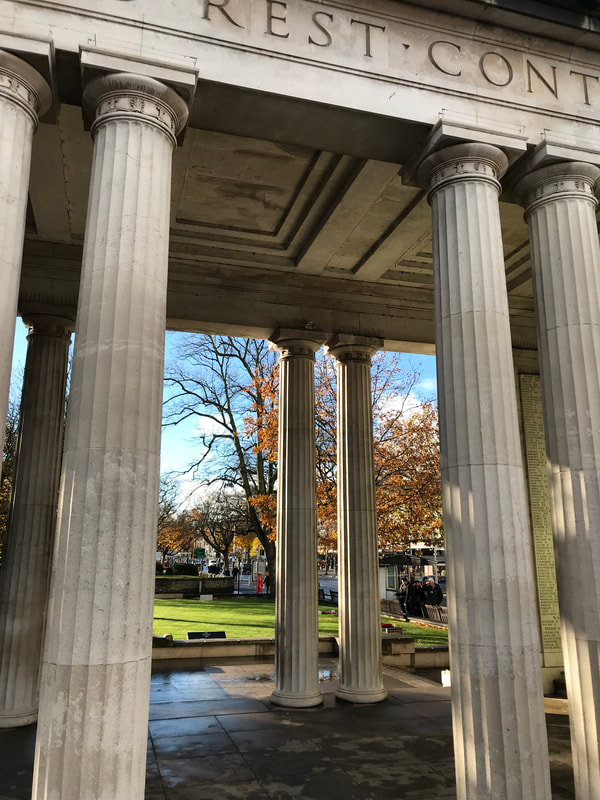
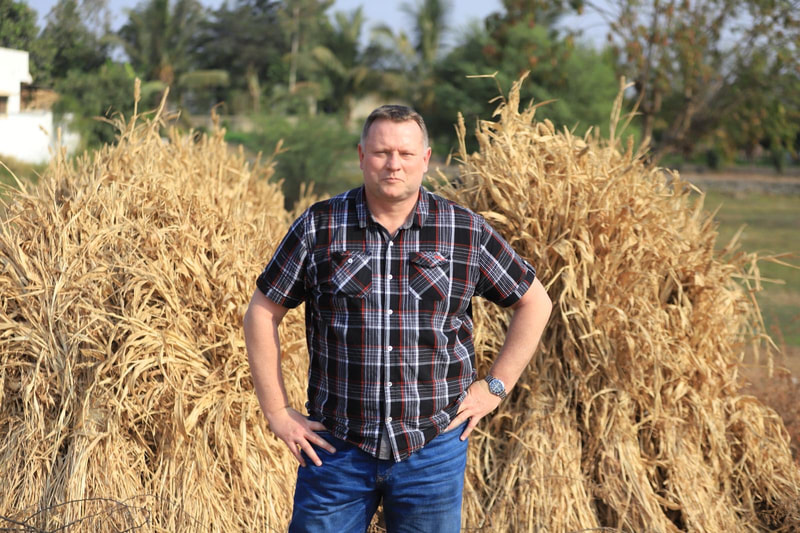
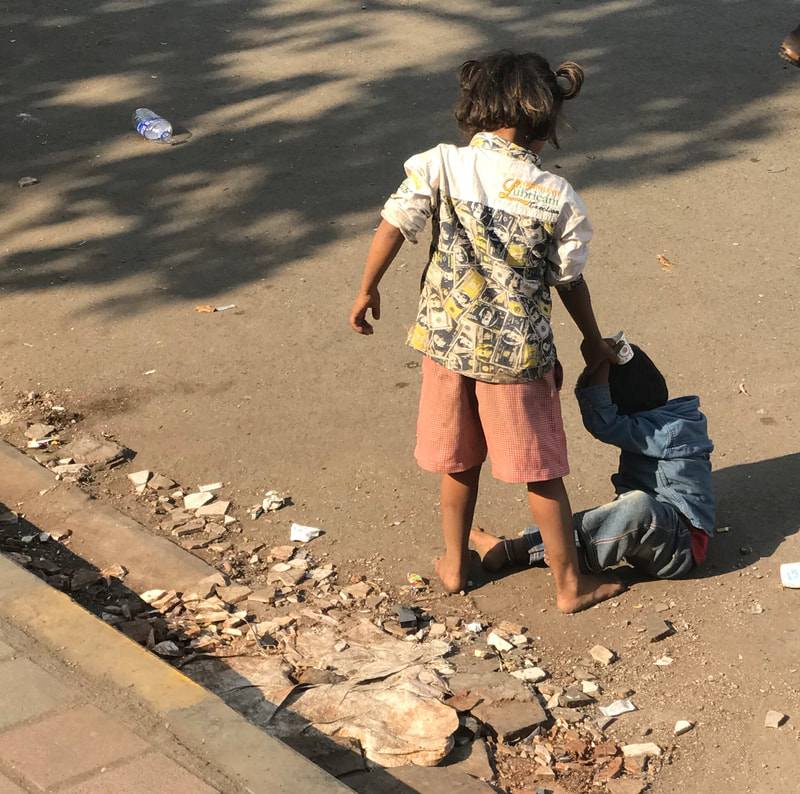
 RSS Feed
RSS Feed